Rekam-jejak.id – In an era defined by rapid information dissemination, Indonesian journalistic activists face increasing legal complexities. Understanding the implications of the Criminal Code (KUHP), the Information and Electronic Transactions Law (UU ITE), and the Press Law (UU Pers) is crucial for responsible and safe journalism.
– The Evolving Legal Landscape: Indonesia’s legal framework, particularly the newly enacted KUHP, presents both opportunities and challenges for journalists. Articles concerning defamation, insult, and the spread of false information can pose significant risks if not carefully navigated.
– UU ITE and Digital Boundaries: The UU ITE governs online activities, including social media. Its provisions on hate speech, hoaxes, and online defamation require journalists to exercise caution when reporting and publishing online.
– The Press Law: Freedom with Responsibility: While the UU Pers guarantees press freedom, it also mandates accuracy, balance, and ethical conduct. Journalists must adhere to these principles to maintain credibility and avoid legal repercussions.
– Self-Protection Measures: Given these complexities, Indonesian journalistic activists are advised to:
– Uphold the Journalistic Code of Ethics: Serve as a guiding principle in all reporting activities.
– Practice Diligence: Verify information from multiple sources before publication.
– Join Press Organizations: Seek legal protection and support.
– Secure Legal Counsel: Access legal advisors specializing in press law.
Conclusion:
In today’s challenging digital age, a strong understanding of the law is essential for Indonesian journalistic activists. By grasping the implications of the KUHP, UU ITE, and UU Pers, and by taking adequate self-protection measures, journalists can operate more safely and responsibly. Balancing press freedom with legal awareness is vital for quality journalism that benefits society.



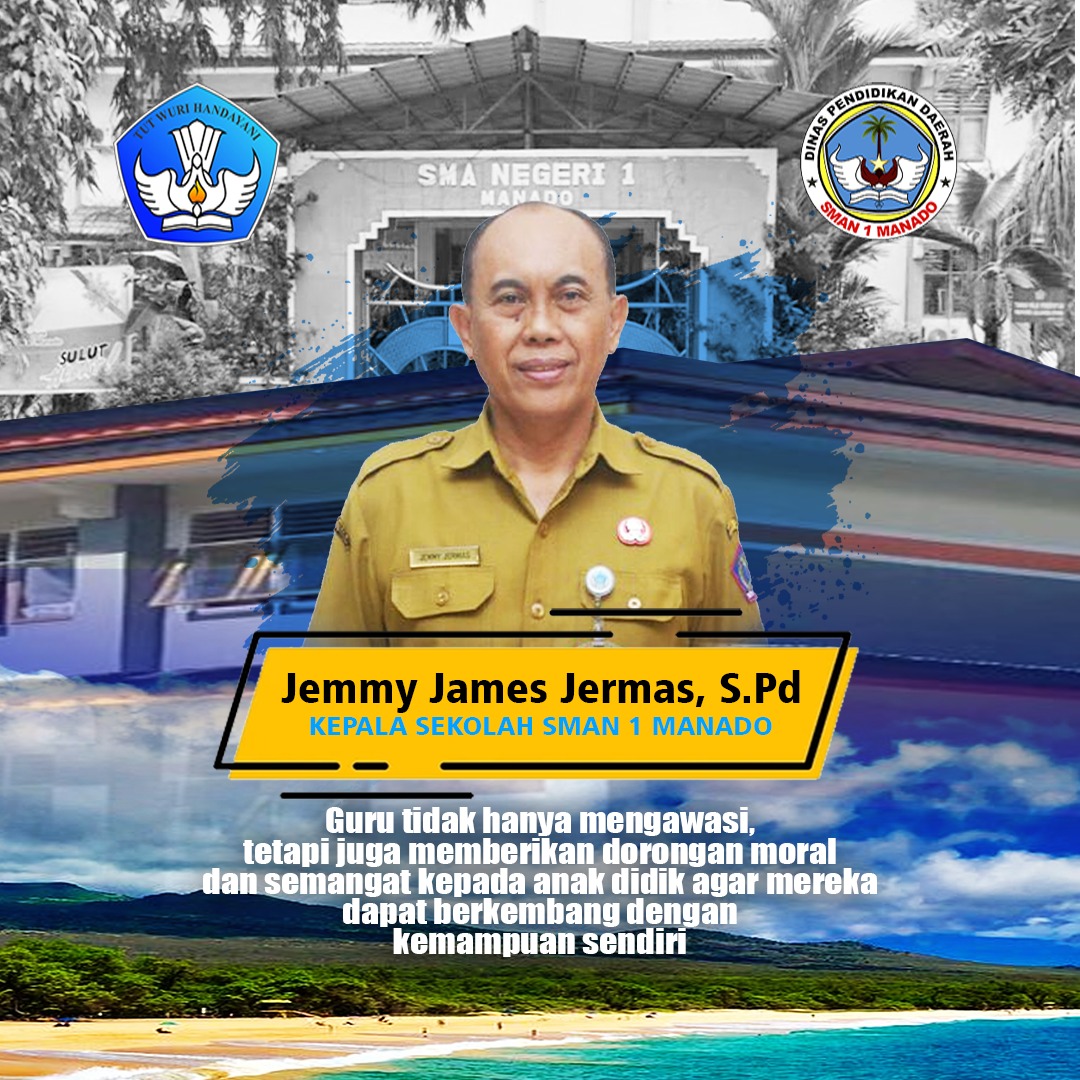
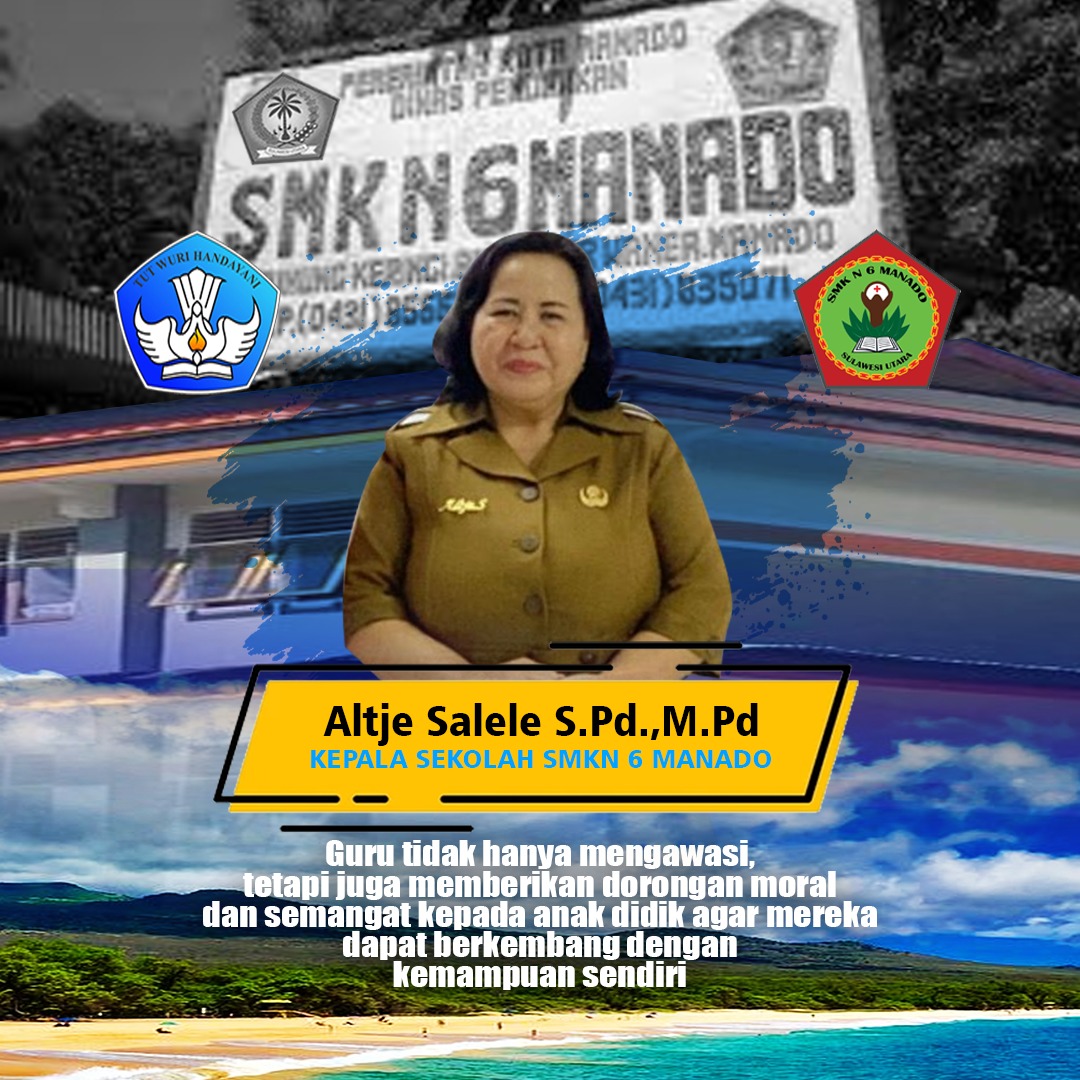
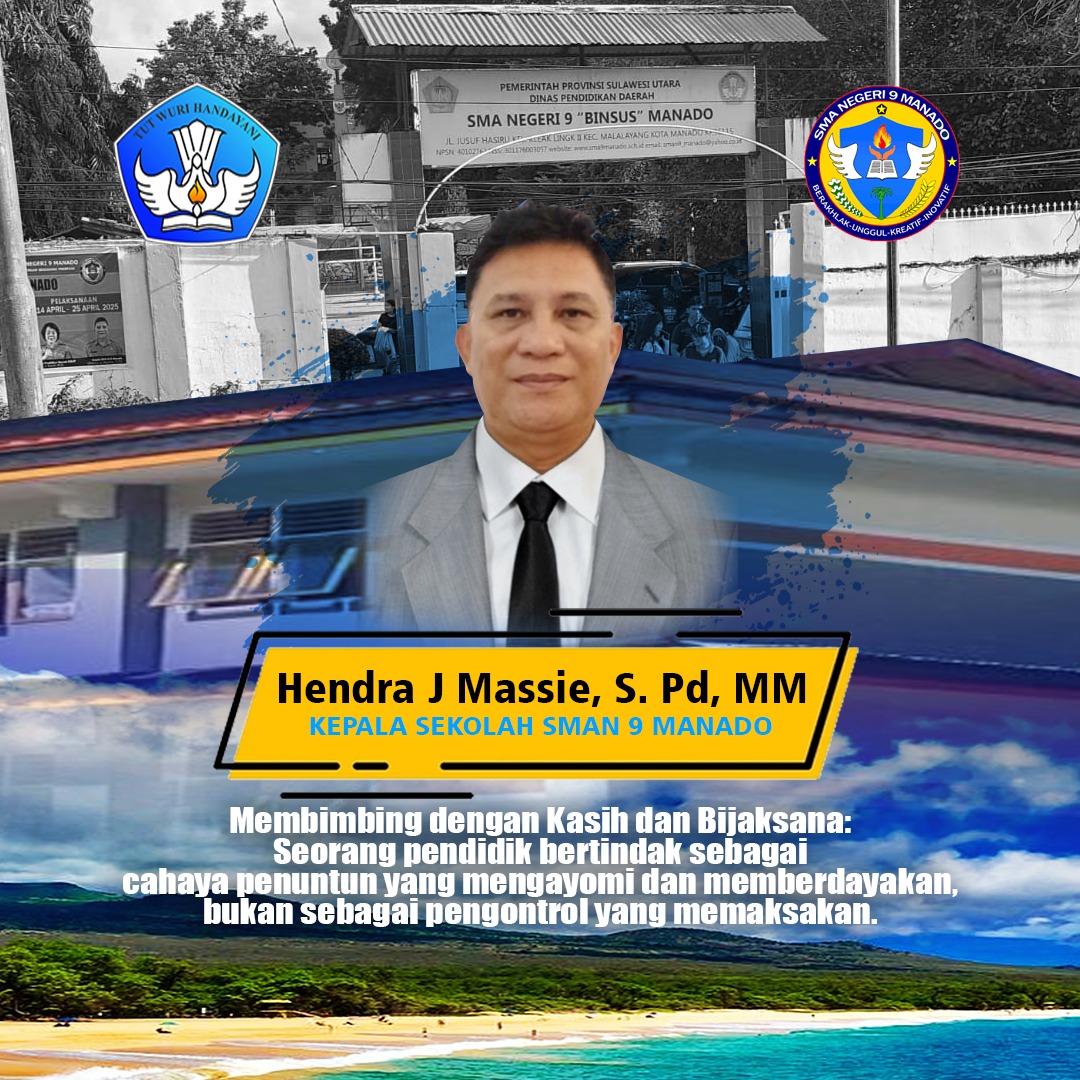
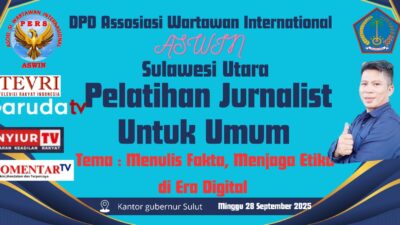
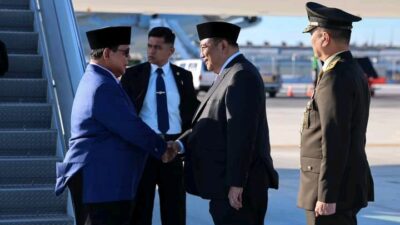
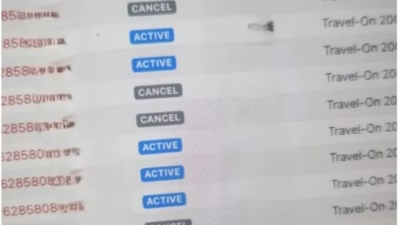


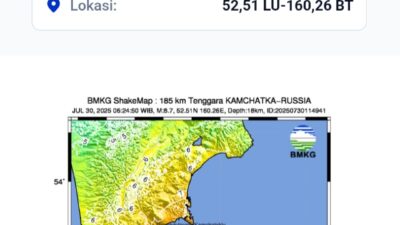

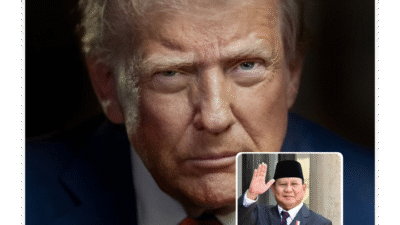

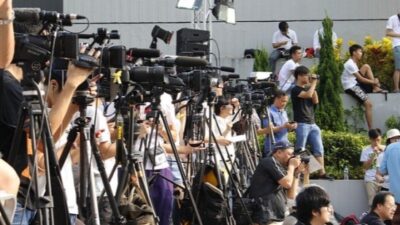


Respon (1)